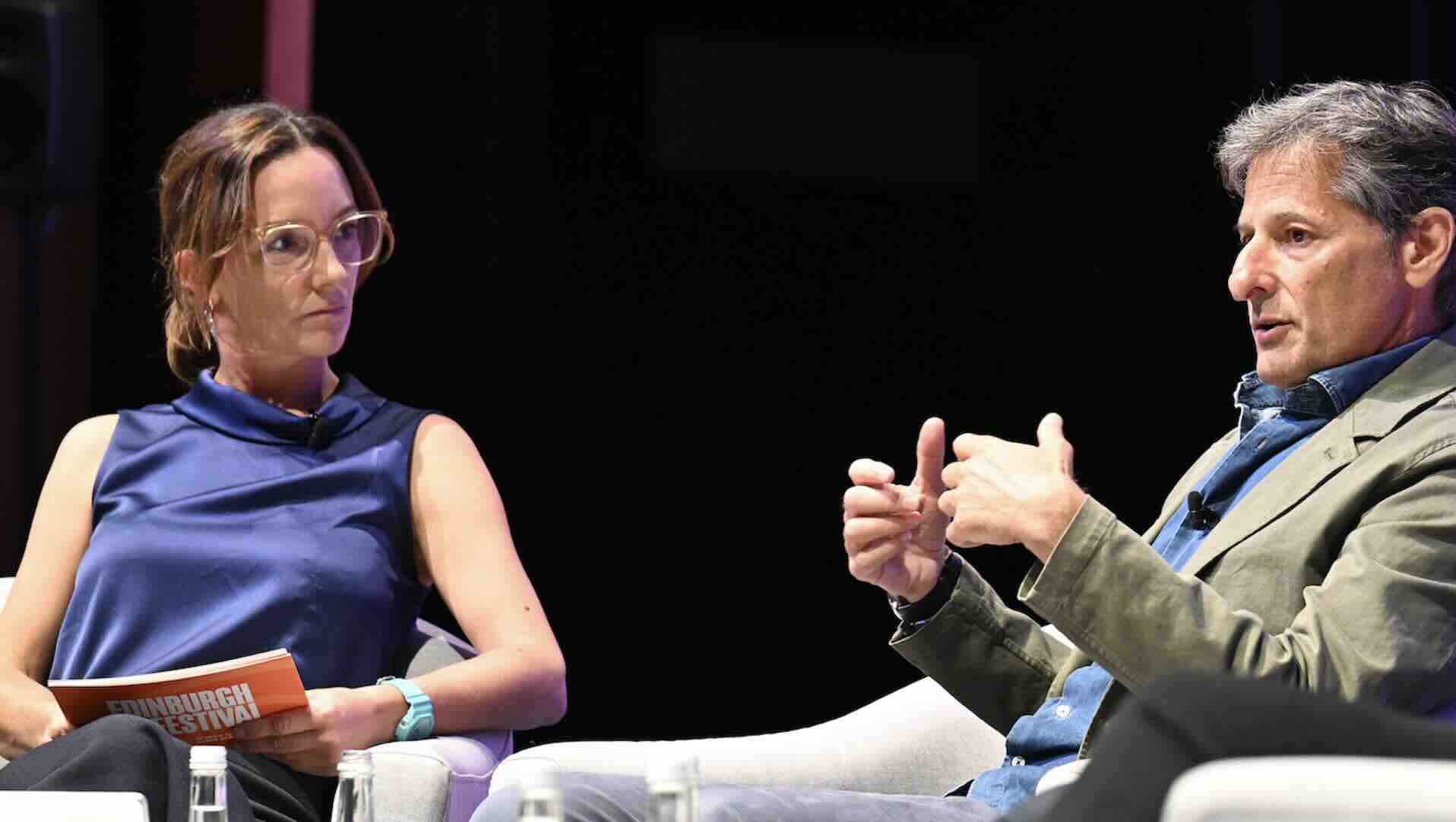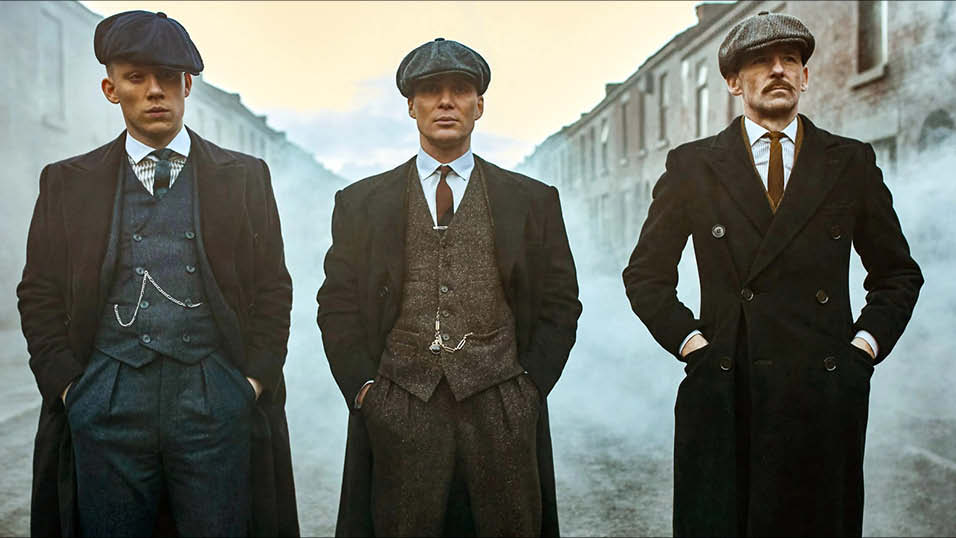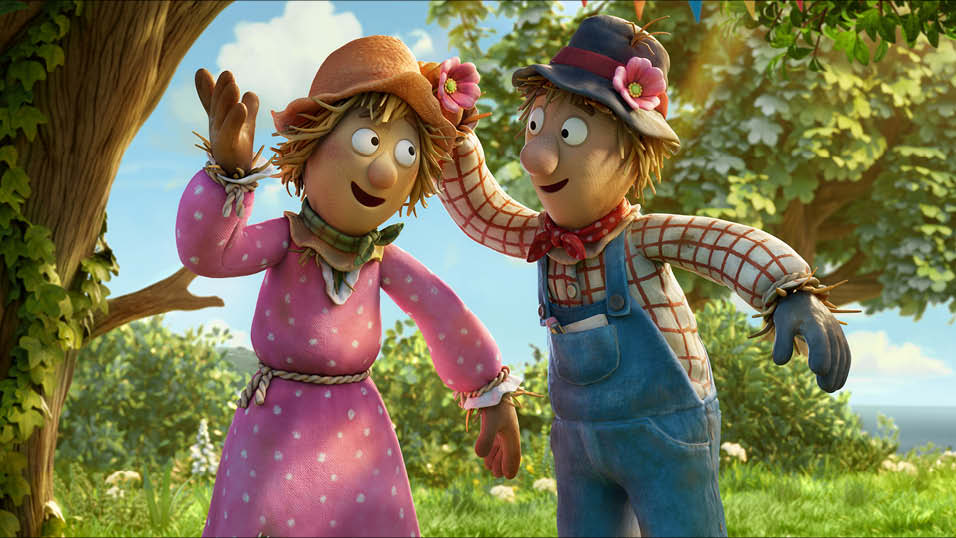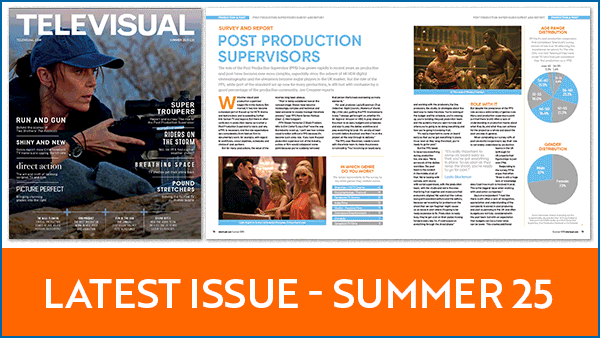Edinburgh TV Festival: Channel 4 and 5 reveal commissions among debates on Trump, TV tourists, and truth decay. Michael Burns reports on the first full day of the Festival.
The annual pilgrimage of UK television’s movers and shakers to Edinburgh delivered its usual mix of new commissions and uncomfortable truths yesterday as the TV Festival marked its 50th year.
The opening debate on the first full day set out stark challenges for UK broadcasting. BBC presenter Ros Atkins revealed YouTube has overtaken ITV as the UK’s second most-watched service with 14% of viewing, rising to first place among 16–34s. He also noted UK production grew just 1.4% last year, with domestic commissions falling, painting a fragile picture for the sector.
Fiona Campbell of the BBC said digital-first strategies are underway but admitted moving audiences across platforms remains “notoriously difficult”. Producer Benjamin Zand predicted a more entrepreneurial future where independents and creators can build their own audiences and called for public service funds to be shared more widely.
Pact’s John McVay was gloomier, saying many skilled staff have been forced out of TV and should have been reskilled. World Productions CEO Simon Heath compared drama financing to film, with projects increasingly shaped for international backers.
The Netflix hit Adolescence became a flashpoint. Channel 4’s Louisa Compton argued the drama wouldn’t have happened without PSB backing, referring to streamers as “TV tourists”. Netflix’s Mona Qureshi disputed that in a later session on the drama itself, while in Channel 4’s Spotlight Session, the channel’s content chief Ian Katz stressed that unlike streamers, PSBs are obliged to support local talent and small indies.
Katz also unveiled a Stephen Moffat Downing Street series, Ronan Bennett’s Army of Shadows, Jack Thorne’s Falling and Glenn Close drama Maude, confirming Channel 4 has doubled its drama budget. Meanwhile exec Jo Street announced £35 million for regional Indies over two years.
[Channel] 5 used its session to unveil Ben Fogle: Made in Sheffield, following the adventurer’s investment in British brand Buffalo. Paramount UK boss Ben Frow dismissed suggestions of a sale of 5 under new owner Skydance, though he admitted it was a “tough time” for linear TV and confirmed the cancellation of Challenge Anneka.
A Trump vs Media panel drew lessons from the US. Journalist Matthew Belloni said Republican hostility to PBS and NPR long predated Trump, but now “he has the power to get it done”. He pointed to corporate media settlements with Trump as “extraordinary” and warned social media algorithms are radicalising audiences.
Comedian Roy Wood Jr questioned whether US journalists would risk careers to hold power to account, and predicted attempts to sideline dissenting voices like Stephen Colbert will backfire, “when he’s running rampant on YouTube, I think, is going to create a bigger issue for this administration in 2026”.
He also warned that cuts to diversity initiatives risk silencing authentic black and brown voices, adding “Hollywood is laying down just the same as corporations when it comes to diversity requirements. The irony is that Hollywood is fighting to save money on productions, so they’re running off to other countries which also have their own DEI regulations.”
Closing the day, Tortoise founder and Observer editor-in-chief James Harding used the MacTaggart Lecture to call for BBC independence “on the model of the Bank of England”. He warned a “shared sense of truth” is fracturing under populist politics and AI disruption and said the corporation should open itself up by commissioning more news from independents and underserved areas, acting as a platform for a wider range of voices. Without reform, he cautioned, the UK risks the “truth decay” already seen in the US.
Pippa Considine
Share this story

















